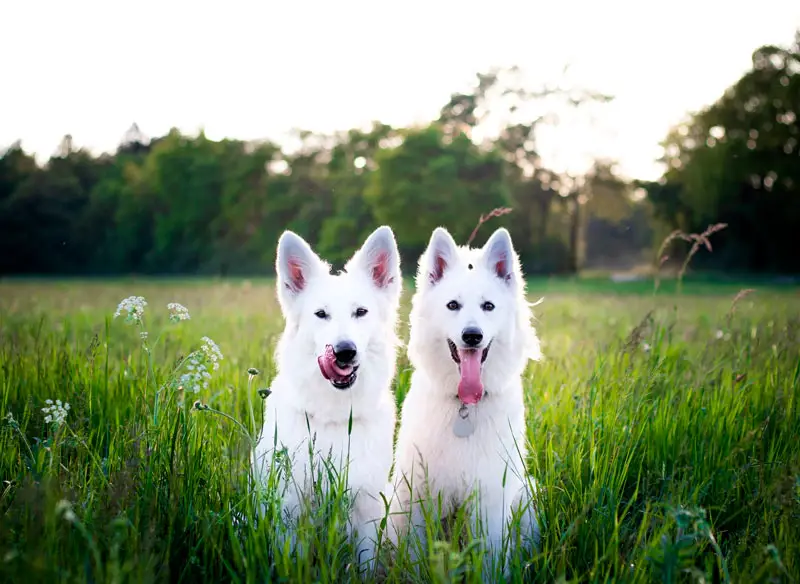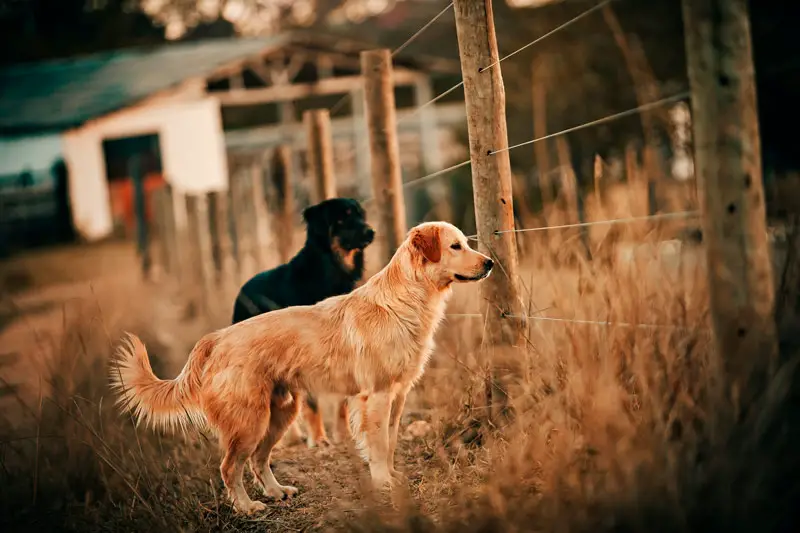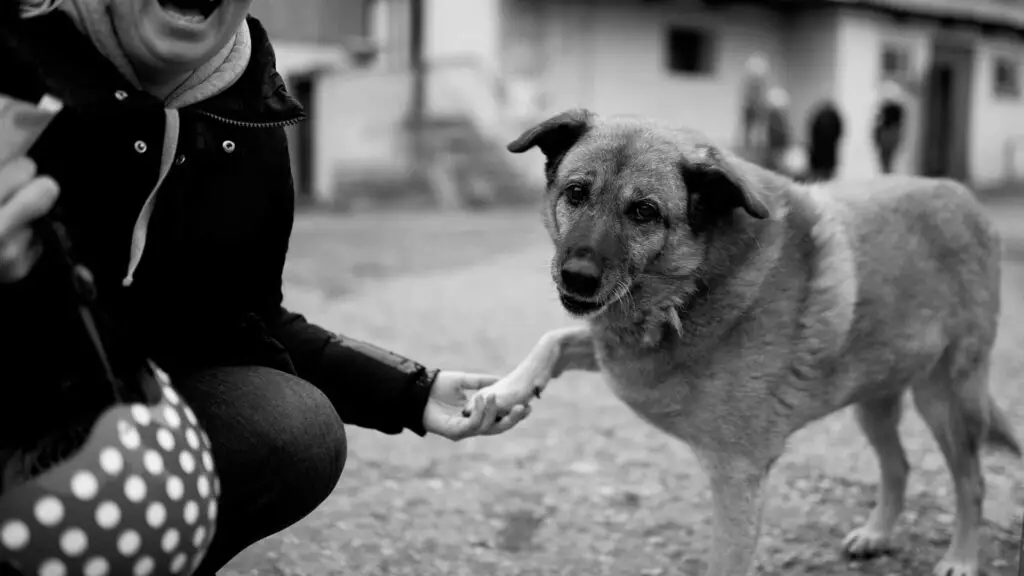How Do Dogs Remember Things?

Unlike the vivid “Episodic Memory” we humans possess, dogs have an “Associative Memory.” They remember incidents based on associations. My Donnie (Husky) gets riled up and jumps with joy each time I wear my walking sneakers.
This behavior is because he knows that whenever I perform that action, it will be followed by me taking him for a walk in the park.
In essence, the act of putting on shoes is associated with going for walks. This action triggers a happy response from the dog.
Associations work the same way for negative emotions as well. If a stimulus repels your dog, it will trigger a particular response in them. For example, if your dog was scared by considerable noise during its puppy phase, it is pretty natural that they will shiver each time they hear something like a rumble of thunder.
Just like the human mind, the negative associations linger on for a more extended period. This aspect is not something to get overly concerned about. Anxiety and fear can be treated in dogs. These feelings will diminish but at their own pace.
This point justifies the fact that they do have long-term memory along with short-term memory. It is just the way their entire memory storage mechanism works using another technique.
Dog’s memory does not go back and forth in events like ours. Their short-term memory is not the best in the business as their memory storage, processing, and recalling mechanism is different.
They are usually sharp observers of detail. Each idiosyncrasy and nuances of owners are more closely noticed by them than you think.
Evolutionary science has designed the canine memory in such a way that they can recollect actions and events that aid them in survival. A typical example would be the place where they hid a bone before. Their sense of direction and location is commendable in general. This factor makes them an ideal travel companion due to their sense of navigation.
Most of us are aware of the heightened sense of smell in dogs. In this regard, dogs are way ahead of humans. Their olfactory sense helps them remember things in terms of scent. Their auditory receptors can not be ignored too.
Due to this feature, they can hear humans trapped under debris and rescue them, saving many lives over time. These canine traits are crucial in police dogs’ cases for search and rescue operations, drug enforcement, etc.









